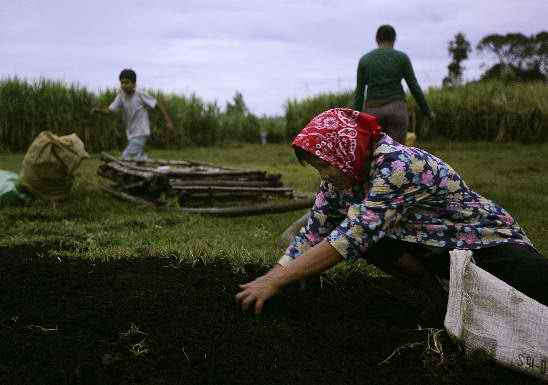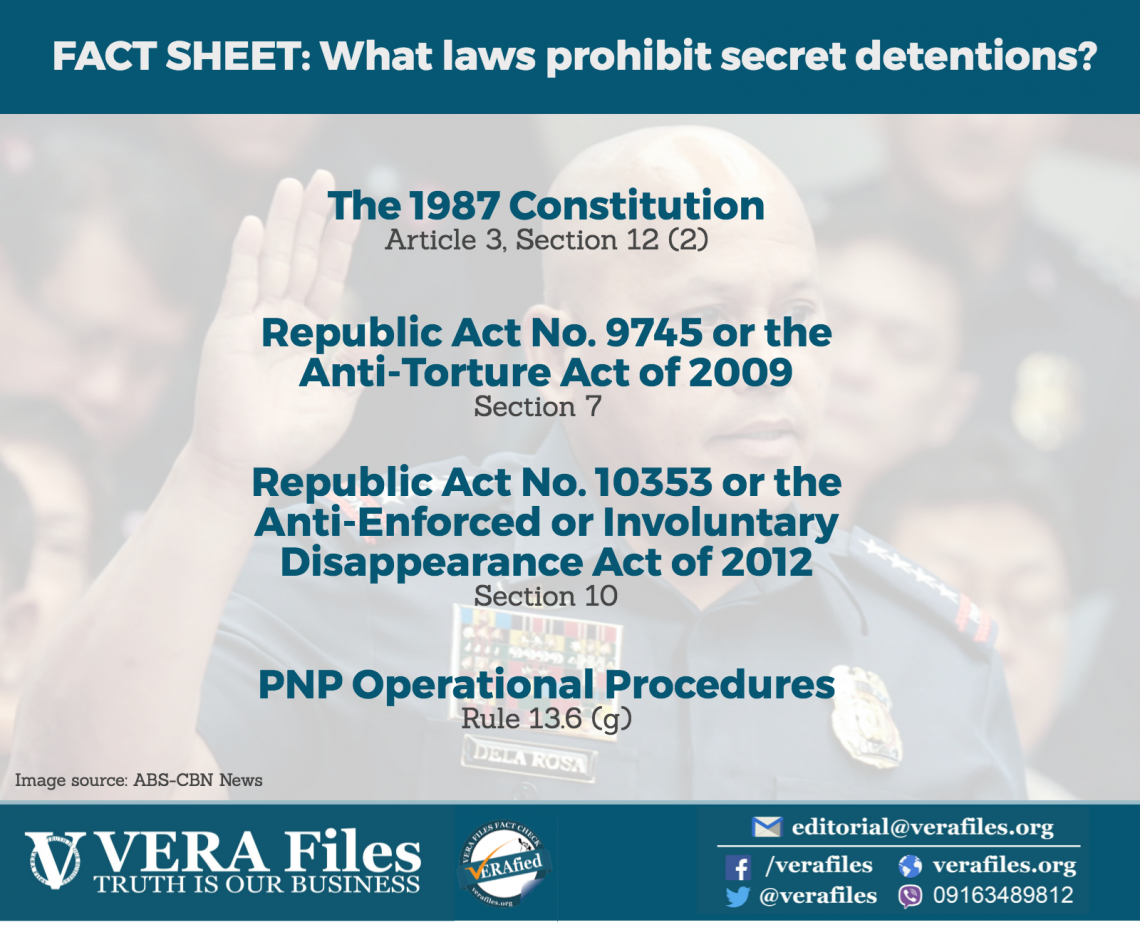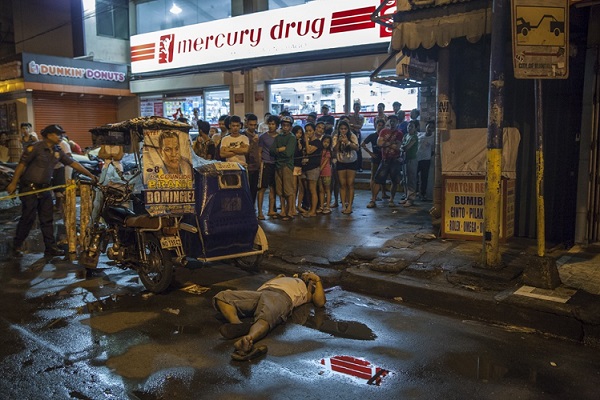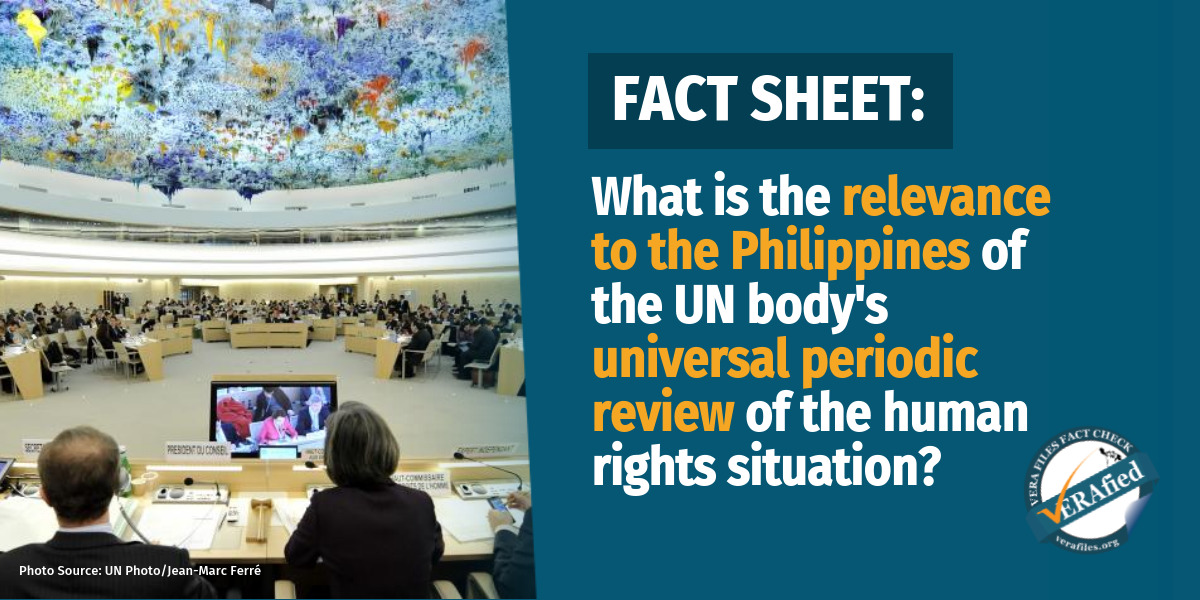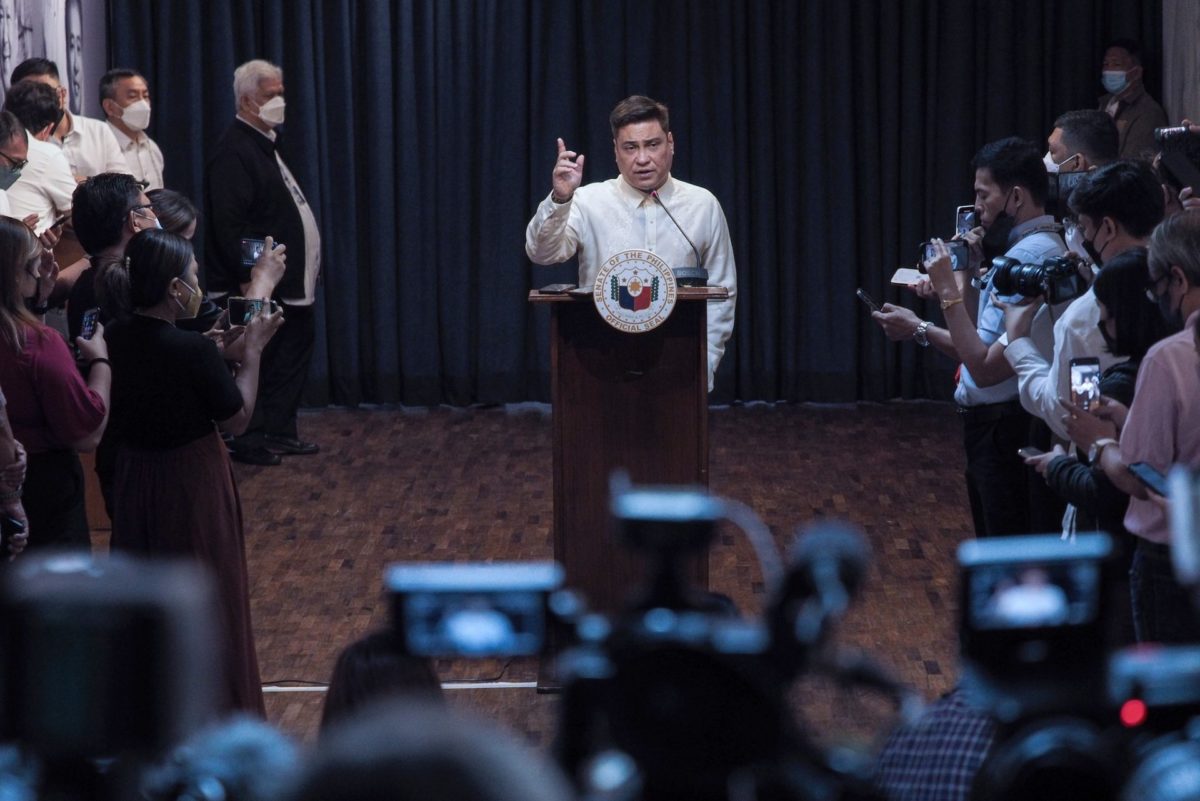The teaching of human rights as a subject in the country’s educational institutions is at a basic level—with no long-term retention for learners as most discussions are limited to seminars—and being done so for compliance only, advocates agreed.
Empowering the youth and the marginalized may be key in promoting human rights education (HRE), lawyers and researchers said in a public forum, Human Rights Education in the Philippines: Status, Challenges, and Future Directions, held at the UP Law Center on July 19 by the UP Institute of Human Rights (UP IHR).
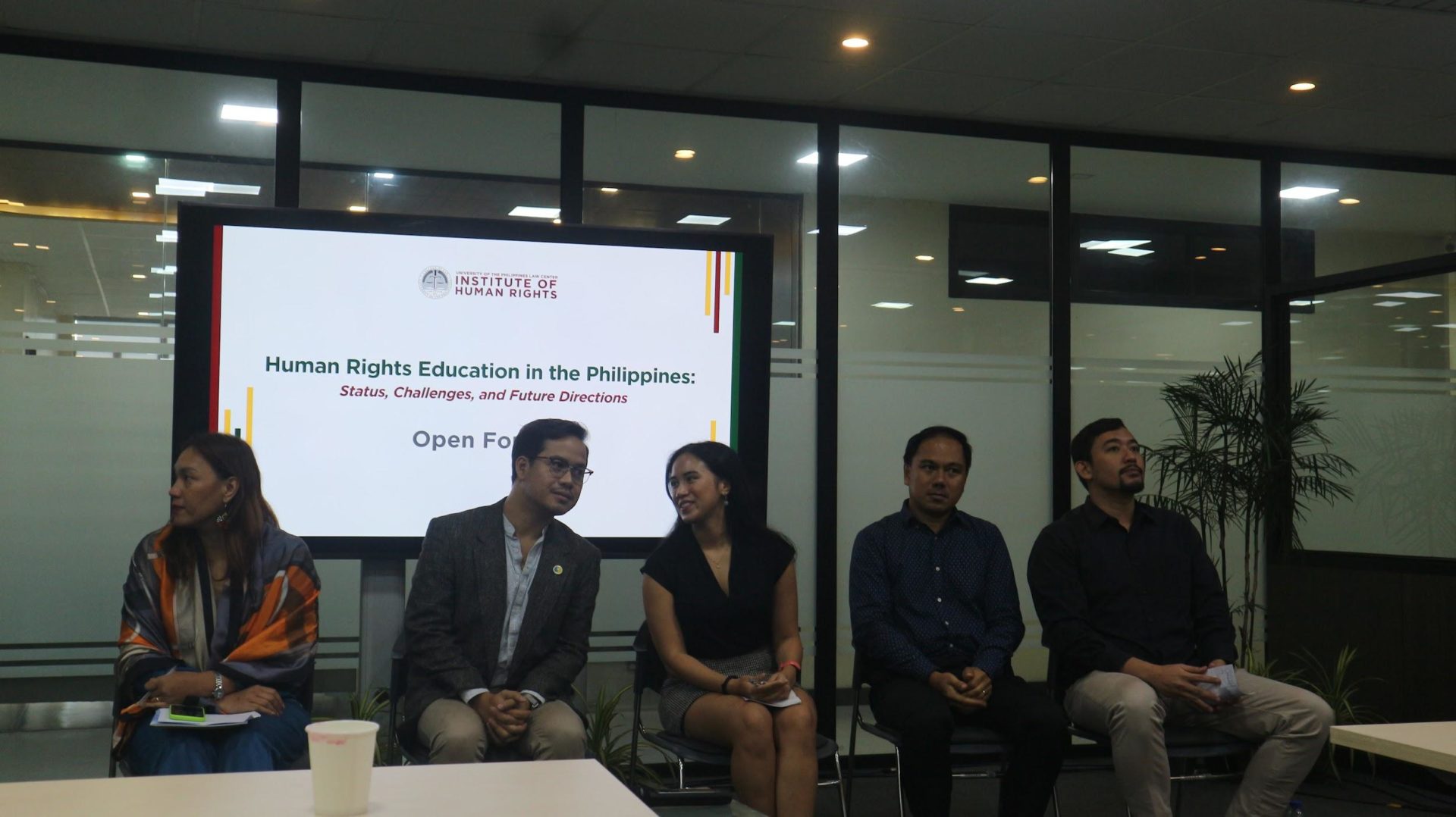
HRE promotes the teaching and learning of human rights not only to encourage individuals to uphold them, but also to monitor the government’s compliance with international treaties on these rights.
Maricel Fernandez-Carag, chairperson of the Governance and Public Affairs Program, described the status of HRE in the country as “napapahapyawan lang (superficial).”
“In the elementary, high school and college levels, where appropriate and when the opportunity arises… the teachers incorporate HR in Gender and Development (GAD) and Violence Against Women and Children (VAWC),” Carag cited.
She said that because it is merely integrated in other subjects, “there is not enough time devoted solely to human rights,” rendering most discussions superficial.
Jerrick Gerard Go, officer-in-charge director of the Commission on Human Rights Promotions Office, said that the Commission on Higher Education’s curriculum already has too many general electives. As a result, it is no longer feasible to offer a separate subject on human rights, or any other course for that matter.
Go added that the COVID-19 pandemic has significantly set back the CHR’s efforts to promote human rights education in the country as new challenges, such as the spread of false information, emerged when classes shifted online.
Other issues concerning HRE were attributed to lack of funding and the misconception about human rights, in that it is often associated with left-wing communism.
According to the United Nations, human rights are inherent and universal rights of human beings regardless of race, sex, nationality, ethnicity, language, religion or any other status.
Go said that HRE is still in the infancy stage. He added, “kapag infant, ‘di ba, kailangan mo siyang i-cradle pa, i-guide pa.” (In the infancy stage, you need to cradle, to guide, right?)
Ways forward
Despite challenges, advocates remain steadfast in their calls for better HRE promotion in the country.
Lawyer and researcher James Gregory Villasis talked about pathways for teaching HRE in the classrooms, more specifically including them in the curriculum for law schools.
In 2021, the Legal Education Board removed HR Law as a required course in the revised curriculum of the basic law program. Aside from integrating HRE in other subjects, Villasis emphasized the importance of connecting the country’s laws to the reality, to change “how students see the law, and how they see it as an agent of change.”
The role of young people in actively learning and promoting HRE was also highlighted.
“Youth are experts in what other youths need,” said Arizza Nocum, president of Kris for Peace Foundation, a non-profit organization promoting peace through education. Nocum said that supporting the young people can help amplify the impact that they can create.
Francisco Bermido, president of People’s Recovery, Empowerment and Development Assistance (PREDA) Foundation, shared the same sentiments. “The most effective public speakers are child advocates themselves,” he said, adding that younger people are the most compelling in “inspiring the audience into action.”
The youth’s role extends beyond HRE promotion, said former Kabataan Partylist representative Sarah Jane Elago, stressing that their involvement is not only beneficial but also essential in policy-making.
“When [the] youth are involved in matters relating to them or concerning them, decisions are better informed and, hopefully, outcomes are more inclusive,” Elago said. Other sectors should get involved as well, she added.
“Nagsisimula sa kabataan, pero hindi lang dapat sa mga kabataan,” Elago said.
(It begins with the young people, but it should not only [involve] the youth.)
